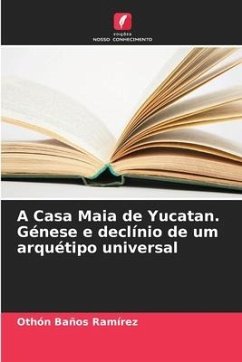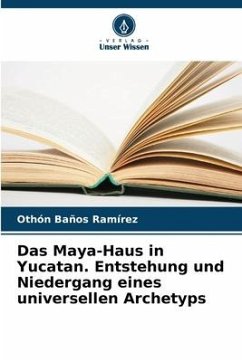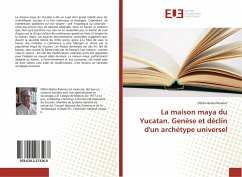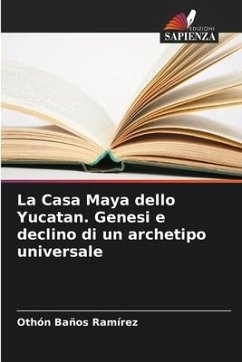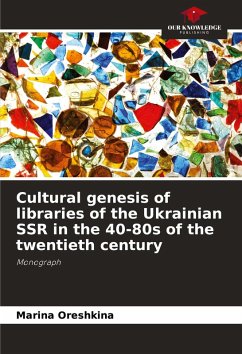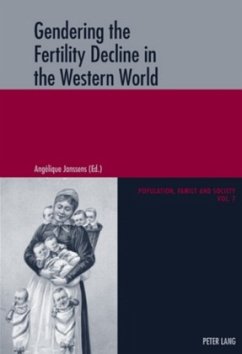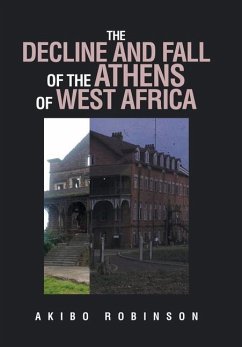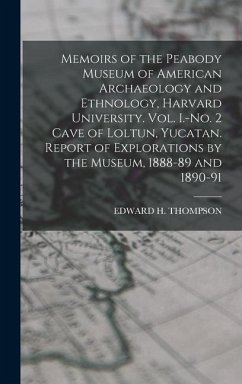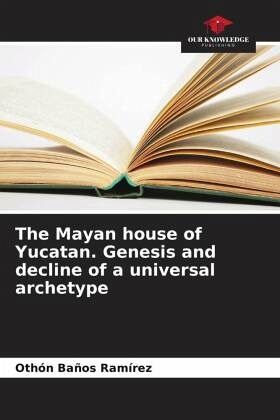
The Mayan house of Yucatan. Genesis and decline of a universal archetype
Versandkostenfrei!
Versandfertig in 6-10 Tagen
19,99 €
inkl. MwSt.

PAYBACK Punkte
10 °P sammeln!
The Maya house of the Yucatan has been a subject of great interest to social scientists both domestic and foreign. However, many questions about its origin - pre-Hispanic or colonial - have not yet been adequately answered. In this work, I argue that, although at first glance it does not look like it, the disappeared sisal hammock is the key that sheds light on many questions related to the origin of the Maya house. The documentary sources consulted suggest that during the second half of the seventeenth century, thanks to the sisal fiber, the Caribbean hammock began to be manufactured and used...
The Maya house of the Yucatan has been a subject of great interest to social scientists both domestic and foreign. However, many questions about its origin - pre-Hispanic or colonial - have not yet been adequately answered. In this work, I argue that, although at first glance it does not look like it, the disappeared sisal hammock is the key that sheds light on many questions related to the origin of the Maya house. The documentary sources consulted suggest that during the second half of the seventeenth century, thanks to the sisal fiber, the Caribbean hammock began to be manufactured and used by the Maya population of the Yucatan. The Maya slept on beds made of sticks, so when they were discarded by the hammocks, their house - as we know - was born from the radical changes they made to adapt it to the new sleeping object. The Mayan house, perfectly adapted to the hammock, the environment and the customs, remained unchanged for almost three centuries. It has become a true universal archetype.



